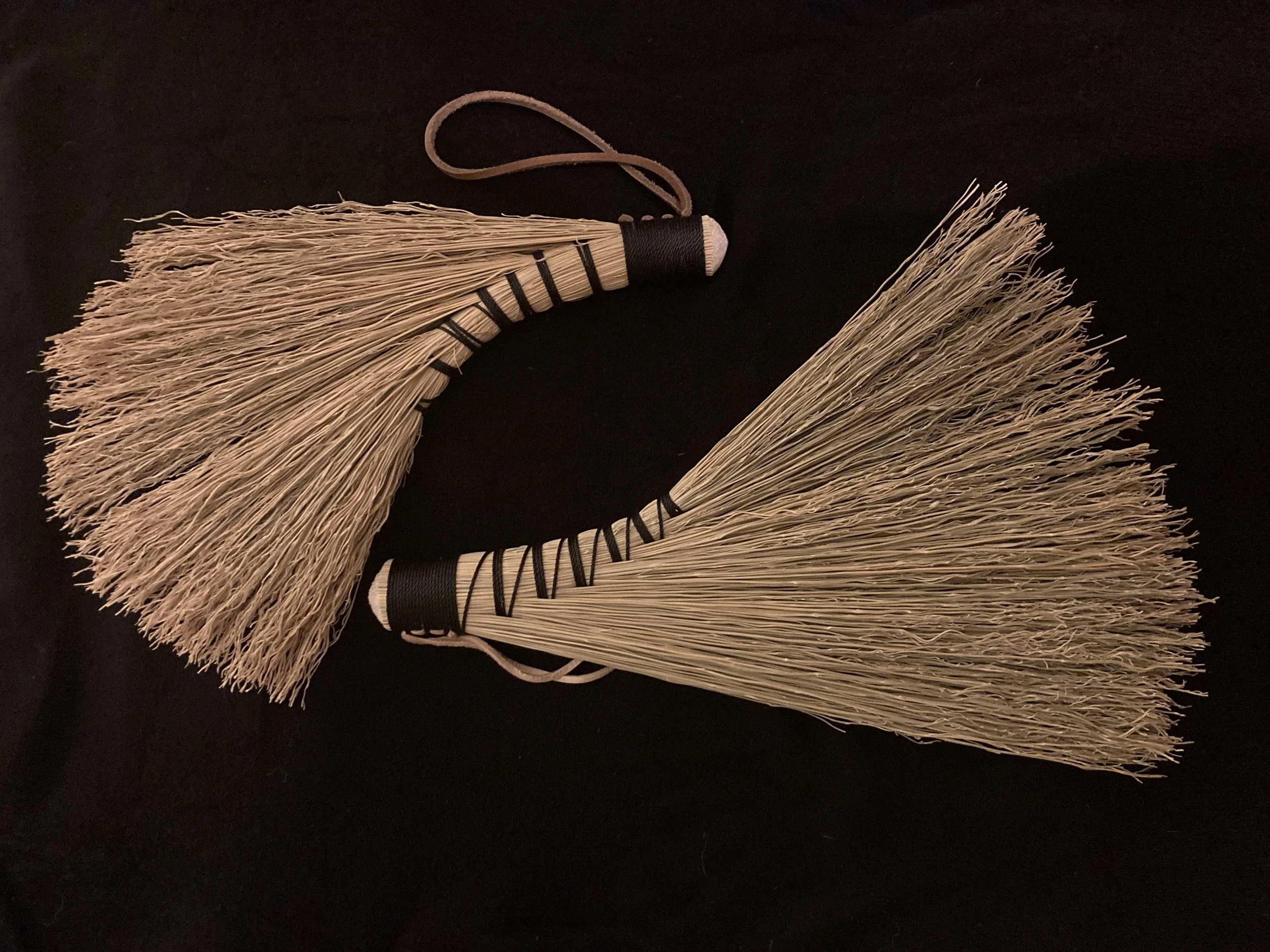Earn College Credit Tuition-free Through Our Dual Enrollment Program
Each semester, Sterling College welcomes high school juniors and seniors to join select undergraduate courses through our Dual Enrollment program. Whether you're earning college credit early or exploring new areas of interest, these courses offer hands-on, place-based learning in a supportive academic environment. Dive into topics alongside degree-seeking students, and experience the rigor and creativity of a Sterling education, no matter where you are in your journey.
Enroll in Sterling’s Dual Enrollment Courses in Just Four Easy Steps
Sterling College Dual Enrollment Opportunities
Vermont high school juniors and seniors can get a head start on their college journey by taking Sterling College courses through the Vermont Dual Enrollment Program. This statewide initiative allows eligible students to take up to two college courses tuition-free.
Speak with your school counselor to confirm your eligibility and get approval.
Choose a Sterling course that fits your interests. See list of current offerings below.
Have your school counselor request a Dual Enrollment voucher through the Vermont Agency of Education website.
Fill out the Dual Enrollment Registration Form below. Be sure to register at least two weeks before the course start date.
Dual Enrollment Frequently Asked Questions
-
Each voucher covers the cost of tuition for up to four credits. Students are responsible for any additional costs, such as textbooks, lab fees, or course materials.
-
To participate, you must be:
A Vermont resident
A high school junior or senior
Enrolled in a publicly funded high school (including career technical centers), a publicly funded independent school, enrolled through the High School Completion Program, or a Home Study student
-
To explore additional course options and get support with the registration process, contact Sterling College’s Registrar at [email protected] or visit the Vermont Agency of Education’s Dual Enrollment website.
Dual Enrollment Course Offerings
-

Farmstead Arts
2 Credits
September 8th - December 15th 2025
Mondays: 6:00pm - 8:00pm
In this dual enrollment class students explore their relationship to the landscape through craft. Ancient and modern traditions of turning raw materials from plants and other components of farm and forest systems have long sustained communities. The ecosystems we call home provide materials for both the utilitarian objects we need for survival and the celebration of place that comes from these arts. Students in Farmstead Arts will learn to make utilitarian crafts rooted and useful in the Northeast Kingdom of Vermont, with materials that can be grown here. Examples include making brooms, salves, candles, and baskets.
Students will spend time reflecting through written assignments and a final portfolio on the techniques they are learning with various skills, as well as their eco-cultural context. Work will be displayed at the end of the semester in conjunction with the December art show.
Course Materials Fee: $50
Meal plan available: $205 for 13 evening meals on day of class (served between 5-6 pm in Dunbar Dining Hall)
-
Natural Dyes and Dyeing
4 Credits
August 28th - September 19th 2025
Monday, Tuesday, Thursday, Friday: 9:00am - 4:00pm. Wednesdays: 9:00am - 12:00pm
In this intensive course we’ll explore the practical modern use of natural dyes. We’ll examine their role in cultures, and the way this craft connects its practitioners with place. We’ll spend some time with the conceptual ideas around the role these practices play in history, modern society, and cultural traditions including interrelated concepts within agriculture, wildcrafting, ethnobotany, and chemistry. Predominantly, though, the course will be about hands-on practice of techniques. We will begin by focusing on dyeing protein fibers (fibers that come from animal sources like wool, silk and mohair), and then shift into dyeing cellulosic fibers (plant derived fibers). Within each type of dyeing there are a variety of modern and traditional techniques to explore. We will discuss the effects of and utilize different mordants and assists. We’ll employ multiple indigo dye vats and discuss and practice cultivation and preparations of plant and insect dyes. Dyeing yarn and fabric, we will use immersion techniques as well as printmaking techniques and resist dyeing methods. Work will be exhibited at the end of the intensive.
Course Materials Fee: $50
Meal plan available: $240 for 15 lunches on day of class (served between 12-1 pm in Dunbar Dining Hall)
-

Foundations of Ecology
4 Credits
September 23rd - October 30th 2025
Monday, Tuesday, Friday: 9:00am - 12:00pm. Every other Thursday: 9:00am - 4:00pm; (No class on Indigenous Peoples’ Day.)
This course is a survey of key ecological concepts. We will consider ecological processes, including ecosystem energetics, productivity, community and population structure and dynamics, species interactions, nutrient cycling, and global weather and climate, and we will explore the influence of these processes on the structure and functioning of terrestrial biomes. We will also consider the world’s biodiversity: what it is, where it came from, how it is distributed, how we measure it, trends over evolutionary and ecological time, and how it relates to ecosystem functioning. Throughout the course, we will examine the applications of ecological concepts to current environmental issues including climate change, biodiversity loss, population growth and others. Students will practice using the scientific method to investigate ecological questions through class exercises and a group research project.
Course Materials Fee: $50
Meal plan available: $280 for 18 lunches on day of class (served between 12-1 pm in Dunbar Dining Hall)
-

Foundations of Environmental Humanities
3 Credits
November 4th - December 15th 2025
Monday, Tuesday, Friday, with occasional Thursday programming:9:00am - 12:00pm; No class on Indigenous Peoples’ Day, Veterans’ Day, or the week of Thanksgiving
Foundations of Environmental Humanities considers a wide range of cultural texts--from poetry to podcast, from baskets to blues, from fiction to film, from comics to carving--in order to explore how cultural production both grows from and contributes to our relationships with specific landscapes. Focusing on “case studies,” the work of specific artists and examples of specific cultural contexts, we examine the dynamic nature of both individual artistic production and cultural traditions and their interactive relationships with ecology. Studio visits, guest workshops, and field trips show us Environmental Humanities in action, and help us consider how artists use creative expression to address ecological challenges. Students will also be introduced to the fundamental tools and skills of Environmental Humanities as a field in order to understand and develop our own critical and creative perspectives and voices.
Course Materials Fee: $50
Meal plan available: $240 for 15 lunches on day of class (served between 12-1 pm in Dunbar Dining Hall)
-

Tools and Their Applications
4 Credits
September 23rd - December 15th 2025
Monday, Tuesday, Friday with Occasional Th programming: 1:00pm - 4:00pm; No class on Indigenous Peoples’ Day, Veterans’ Day, or the week of Thanksgiving
This course introduces the broad range of skills and concepts necessary for work in a farm or homestead scale woodlot, further forestry courses at Sterling, and wilderness trail work (where power-tool use is not allowed). Trail work focuses on corridor clearing for both ski trails and hiking trails. Students fell trees using state of the art techniques for axes, cross-cut saws, and chainsaws within a forest management plan informed by silviculture, ecology, and stewardship ethics. Detection and treatment of invasive plants is a regular part of the work of Sterling’s forest management. Firewood processing, basic log construction and tool handle hanging/mounting add depth to skill development. Tool sharpening is part of the weekly class rhythm and an assessed skill. The course is the first step toward becoming a chainsaw supervisor. Later in the course, power and hand tool safety and usage in the Woodshop is introduced during the construction and carving of a wooden canoe paddle.Course Materials Fee: $50
Meal plan available: $400 for 26 lunches on day of class (served between 12-1 pm in Dunbar Dining Hall)
-

Environmental Education
4 Credits
September 23rd - December 15th 2025
Monday, Tuesday, Friday with Occasional Th programming: 1:00pm - 4:00pm; No class on Indigenous Peoples’ Day, Veterans’ Day, or the week of Thanksgiving
This endeavor provides students with training and teaching experience in environmental education, as well as a working knowledge of the history and theory of the field. This course prepares students who may want to work in settings such as camps, nature centers, classrooms, parks, on farms, or “Farm to School” settings.
Environmental education is a broad field that can include field-based science education, outdoor education, farm- and nature-based programming, sustainability studies or environmental justice. Students explore several of the various types of environmental education throughout this semester-long Experiential Endeavor as they facilitate field-based experiences for local elementary, middle school and high school children. Students have the opportunity to review experiential facilitation styles and lesson planning before they design and deliver their lessons. Ample time is spent debriefing and reflecting on teaching experiences throughout the course.
Course Materials Fee: $50
-

Foundations of Sustainable Agriculture and Food Systems
4 Credits
September 23rd - December 15th 2025
Monday, Tuesday, Friday with Occasional Th programming: 1:00pm - 4:00pm; No class on Indigenous Peoples’ Day, Veterans’ Day, or the week of Thanksgiving.
In this course, we will use guest presenters, field trips and place-based activities, complemented by readings and films from prominent thinkers, innovators, and scholars in sustainable and alternative agriculture and food systems, to explore the major ideas and practices that have driven the development of an agricultural philosophy and practice aligned with long-term ecological health, environmental justice, and community resilience. Following a model that alternates subject-specific explorations of primary and secondary literature in sustainable food systems with practical place-based projects, this class provides students the intellectual and experiential foundation necessary for engaging meaningfully in alternative farming and food systems at Sterling College and beyond. Surveying the history and evolution of major problems in agriculture through time and space, we will direct our attention to alternative models that are more compatible with the ethics of land stewardship and a reimagined agrarianism for the twenty-first century. We will develop a working knowledge of sustainable agriculture and food systems, while also exploring the environmental, economic, social, political, and cultural dimensions of these systems. In addition, this course prepares students for future work in our campus food system (the Farm’s livestock and crop system, and our kitchen and dining hall), through work program and more advanced ag and food systems courses.
Course Materials Fee: $50

